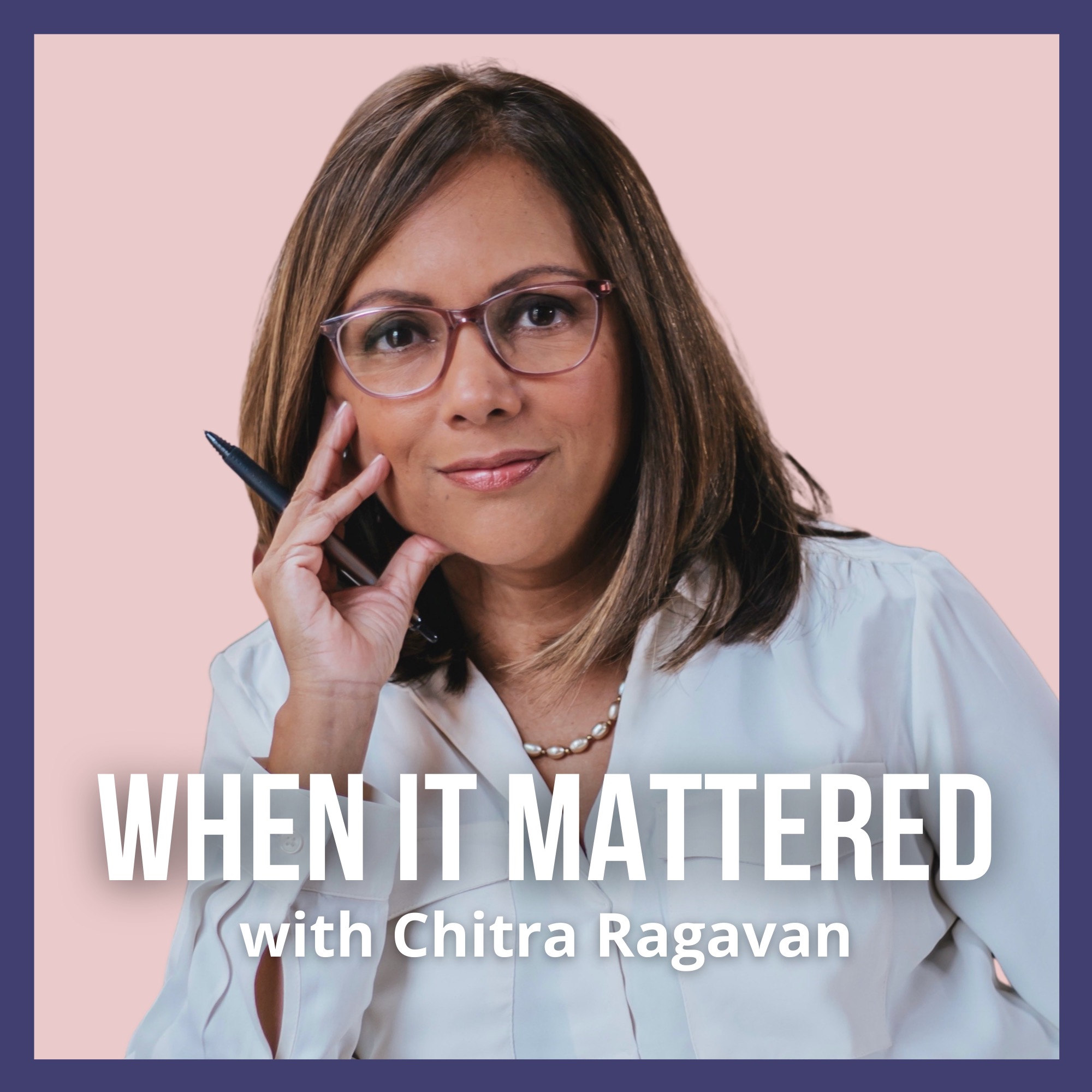Bryan Cunningham

Ep. 9 — A teenager suffers his small-town’s wrath and scorn when his house burns down. He grows up to become a privacy and cybersecurity lawyer with a passion to protect victims of bullying, both by countries and criminals Bryan Cunningham will never forget the day his Norman Rockwellian childhood in a small town in Ohio came to a cruel end. It was the day when the family’s small wooden rectory burned to the ground and he was falsely accused of causing the fire. Cunningham shares the trauma of the ensuing bullying and excoriation by the town’s small-minded residents. A trauma that he overcame when he stumbled upon his love and talent for playing drums. He talks about how becoming a professional drummer from age 14 on up helped him regain his confidence and pride and helped him pay his way through college. Even as music helped him restored his self-confidence, Cunningham says the most important career development move he made was the two years he spent in the Iowa Fiction Writer’s Workshop, which gave him lifelong skills and confidence in writing and helped him throughout his career in government, law, and academia. Cunningham examines how the life-altering crisis over the house fire deepened his empathy for victims and shaped his career as a privacy and cybersecurity lawyer. He reflects on the dangerous trends in cybersecurity warfare and the implications for governments and citizens around the world. And he shares some valuable advice on how to protect oneself against cyberattacks. Transcript Download the PDF Chitra: Hello and welcome to When It Mattered. I'm Chitra Ragavan. On this episode we will be talking to Bryan Cunningham. He's an international advisor to companies and governments about cyber security law and policy, emerging technology, surveillance and privacy issues. As a senior CIA officer and federal prosecutor, Cunningham worked closely with the 9/11 Commission and provided legal advice to the President, National Security Advisor, and the National Security Council in the Bush and Clinton administrations. He was a principal contributor to the first national strategy to secure cyberspace. Bryan, welcome to the podcast. Bryan: Thank you. Thank you for that generous introduction. Another way to think about that as I can't hold a job. Chitra: Well, you have been a globetrotter for the past decade as an international man of mystery and cyber security expert. I usually catch you at airports between flights, but where are your roots? Bryan: They could not be more Norman Rockwell. I grew up in a small town in northern Ohio population 12,000, give or take. My father was an Episcopal minister in this little town and my mom was the librarian. So it was very Norman Rockwell. But as behind every Norman Rockwell painting, there was a lot of undercurrent that was happening in the town. There's actually a novel by Sherwood Anderson called, Winesberg Ohio, which a lot of folks read in middle school and it tells the behind the scenes story of one of the small towns and all the crazy stuff that was going on and that real town was about 30 miles away from the town I grew up in. It's not actually called Winesberg, but the book is fairly accurate about the kind of emotional and small-minded stuff that goes on in those little towns. Bryan: And I was a bit of a victim of that when I was about 12 or 13, we lived in a wooden house rectory provided by the church and my dad was somewhat controversial. He had a large parish in Cleveland a few years before this, invited Dr. King to speak from the sanctuary and he didn't get the permission of his boss at this very white, very conservative church and so he suffered a lot of repercussions for that. And eventually, the Bishop sent him to the small town in Ohio, where he continued with his agitation for race rights as the locals would have called it, his agitation. Bryan: So there was a lot of scrutiny on him in this small town. And when I was 12 or 13,